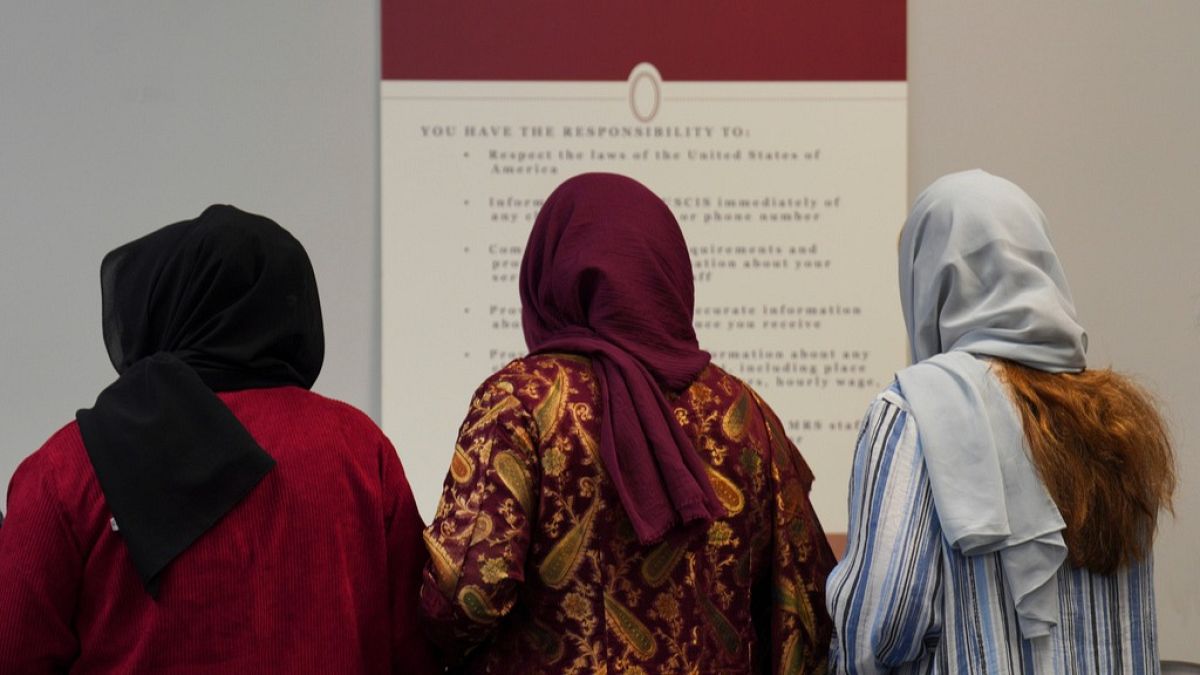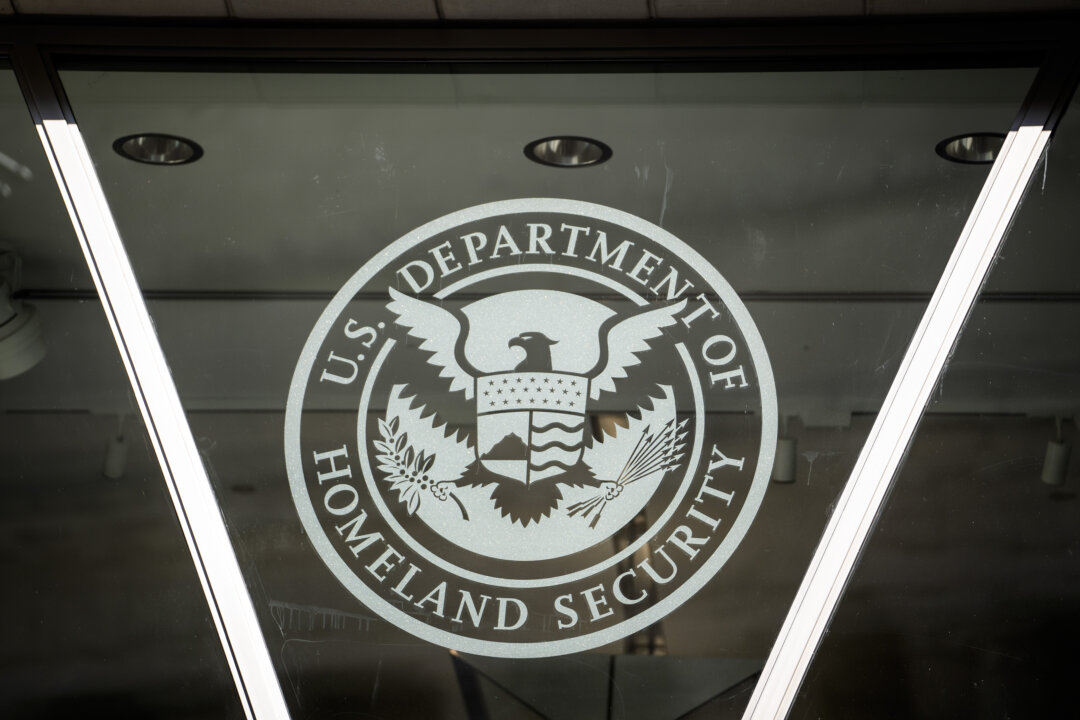In a landmark ruling that reverberates through the lives of thousands, a federal appeals court has upheld the Trump administration's decision to terminate Temporary Protected Status (TPS) for around 14,600
Did You Know
In Bhutan, they measure their country's success by Gross National Happiness, not GDP.
?
AD
Afghans and Cameroonians living in the United States. The ruling by the Fourth U.S. Circuit Court of Appeals marks a significant shift in immigration policy, shutting the door on protections that had previously shielded vulnerable populations from deportation. For many, this decision is more than just a legal matter; it represents a tangible threat to their safety and well-being.
Among those impacted are former Afghan translators and local allies who risked their lives during their service with the U.S. military, often facing severe repercussions for their roles. With the court's ruling, these individuals, who once felt a sense of security within American borders, are now burdened by uncertainty and fear. The move directly affects Afghans, as the ongoing instability in Afghanistan makes the prospect of deportation particularly dire, forcing many into dangerous situations upon their return.
This ruling not only challenges the lives of those directly affected but also ignites a broader national conversation about immigration policy and the treatment of immigrants in the United States. As TPS holders grapple with the reality of their precarious status, the case illustrates the complexities surrounding legal protections for immigrants. The struggle for stability and safety continues, underscoring the sentiment that the journey for many is far from over, even as the legal landscape shifts beneath their feet.
Q&A (Auto-generated by AI)
What is Temporary Protected Status (TPS)?
Temporary Protected Status (TPS) is a humanitarian program in the United States that allows individuals from certain countries experiencing ongoing conflict, environmental disasters, or other extraordinary conditions to remain in the U.S. legally for a designated period. TPS provides temporary relief from deportation and the ability to apply for work permits. Countries are designated for TPS based on specific criteria, and the status can be renewed or terminated based on changing conditions in the home country.
How does TPS affect Afghan immigrants?
For Afghan immigrants, TPS provides critical protection from deportation, especially for those who may face persecution or danger upon return due to their association with the U.S. military or government. The recent court ruling allows the Trump administration to end TPS for Afghans, which affects thousands who have relied on this status for legal residency and work authorization in the U.S. The loss of TPS places these individuals at heightened risk of deportation.
What led to the court's decision on TPS?
The court's decision to lift TPS protections for Afghans and Cameroonians was influenced by the Trump administration's argument that the conditions warranting TPS had changed. A federal appeals court ruled that the administration could proceed with its plan to terminate TPS, which had been temporarily blocked by lower courts. This ruling reflects ongoing legal battles over immigration policies and the interpretation of humanitarian protections.
What are the implications of ending TPS?
Ending TPS for Afghans has significant implications, including increased vulnerability to deportation for thousands of individuals who may face life-threatening situations if returned to Afghanistan. It also raises concerns about the U.S.'s commitment to its allies and humanitarian obligations. The decision could lead to family separations and increased anxiety among affected communities, as individuals grapple with their uncertain legal status and potential loss of livelihoods.
How many Afghans are affected by this ruling?
The ruling affects an estimated 14,600 Afghans who have been living in the United States under Temporary Protected Status. This number represents individuals who have relied on TPS for protection from deportation due to the precarious conditions in Afghanistan, particularly following the Taliban's resurgence and the chaotic withdrawal of U.S. forces in 2021.
















